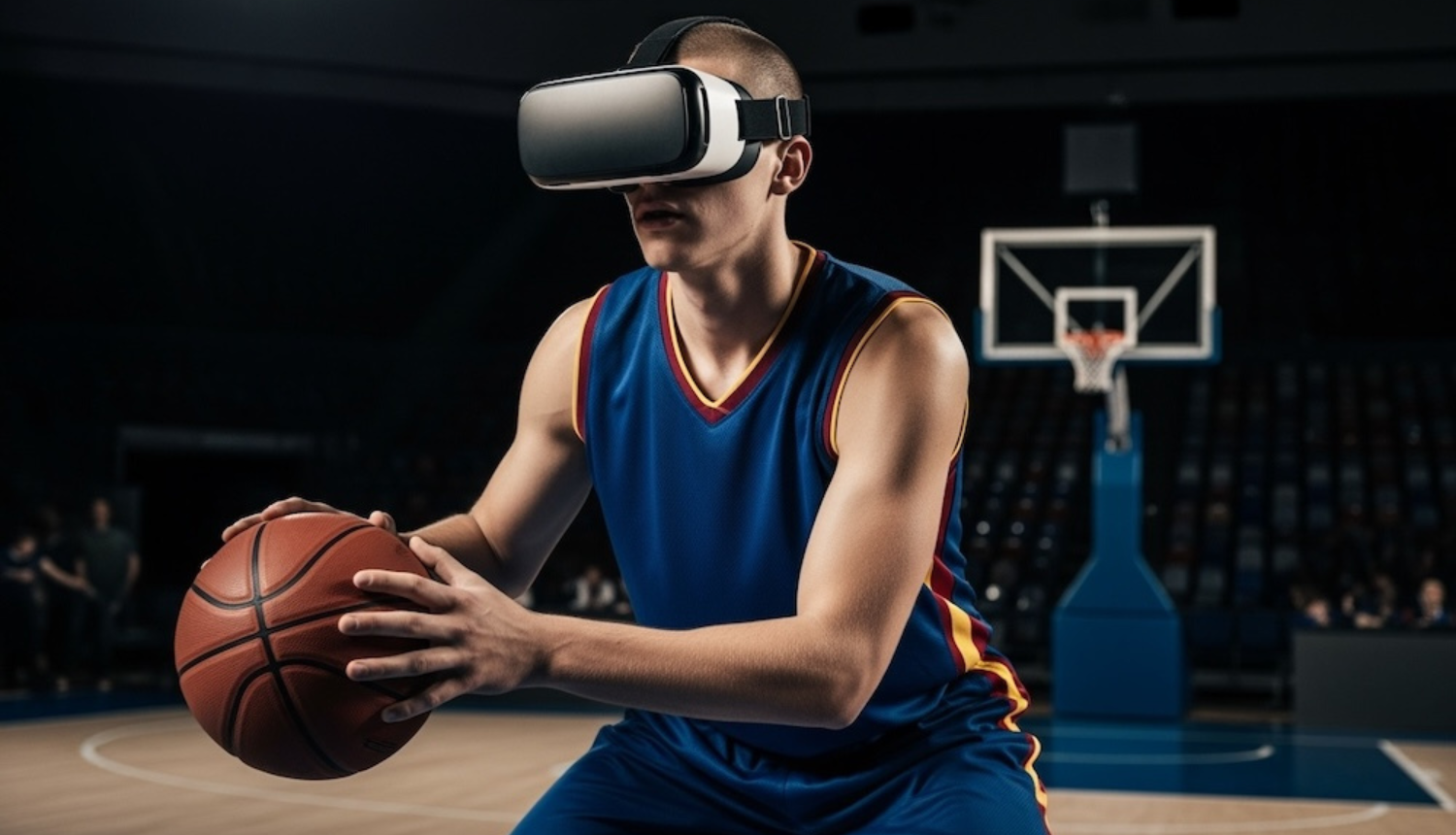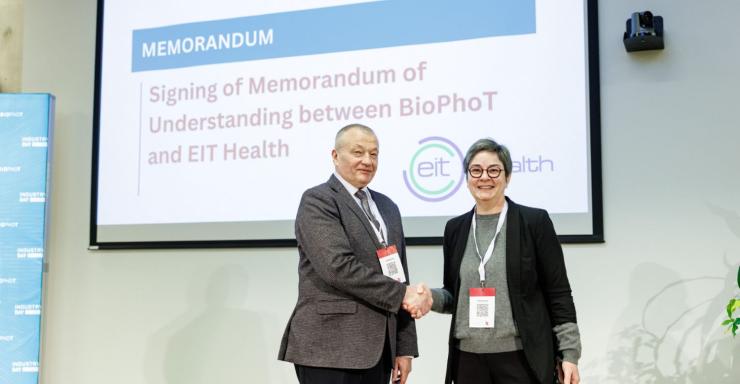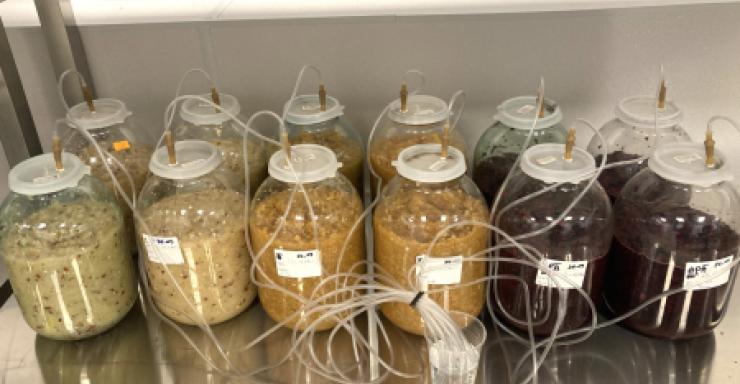Modern adolescents face significant mental strain in their daily lives, combining intense training with demanding academic responsibilities. This dual burden can lead to increased stress and attention difficulties, affecting both athletic and academic performance. As a result, there is a growing need for approaches that help adolescents cope more effectively with these challenges, particularly through exercises that focus on attention regulation and stress management. However, engaging youth in acquiring such skills can be challenging, as traditional methods often seem boring or irrelevant.
Researchers from Rīga Stradiņš University and the Latvian Academy of Sport Education have initiated a project to develop a virtual and augmented reality game tailored explicitly for adolescent basketball players. The project aims to create an immersive reality game integrating an innovative eye-tracking system to study the cognitive functions and breathing performance of young athletes in a simulated sports competition environment.
The researchers hope that this technologically advanced method will increase adolescents’ interest, enhance their cognitive abilities, and improve stress management skills. This innovative approach is based on the digital interests of young people and could serve as an effective way to promote mental health and athletic success in today’s dynamic environment.
The project examines breathing performance, cognitive functions, and stress management abilities to enhance key parameters that contribute to the development of young athletes’ skills. A systematic review will be conducted to examine both the functioning of cognitive processes and the impact of breathing exercises on identifying the most influential factors in youth sports.
The prototype will be developed in collaboration with programming and graphic design experts, utilising virtual and augmented reality technologies, as well as a novel eye-tracking system. During the augmented reality game, which uses 3D glasses, cognitive and breathing tasks will be incorporated into a customised competitive environment. Before the main experiment, the prototype will be tested to ensure, together with virtual reality experts, that it measures and activates the intended parameters. Following the successful pilot testing of the prototype, the third phase of the research will commence. A randomised controlled feasibility trial will compare results across three groups: a control group, a cognitive and motor tasks group, and a cognitive and breathing tasks group. The goal is to compare breathing function, mental function, and stress indicators to explore and analyse the intervention’s impact on stress, cognitive abilities, and breathing performance among basketball players aged 14 to 17.
Also, check out the video story about the research of Dr. biol., Assoc. Prof. Līga Plakane, Director of the Master’s Program in Sports Science at the University of Latvia Faculty of Biology, and lecturer Mg. biol. Zane Šmite. Their study opens new opportunities for athletes to develop specialised training programs and train under controlled oxygen-reduction conditions. Learn more about science and sports in the video "The Oxygen Effect".


